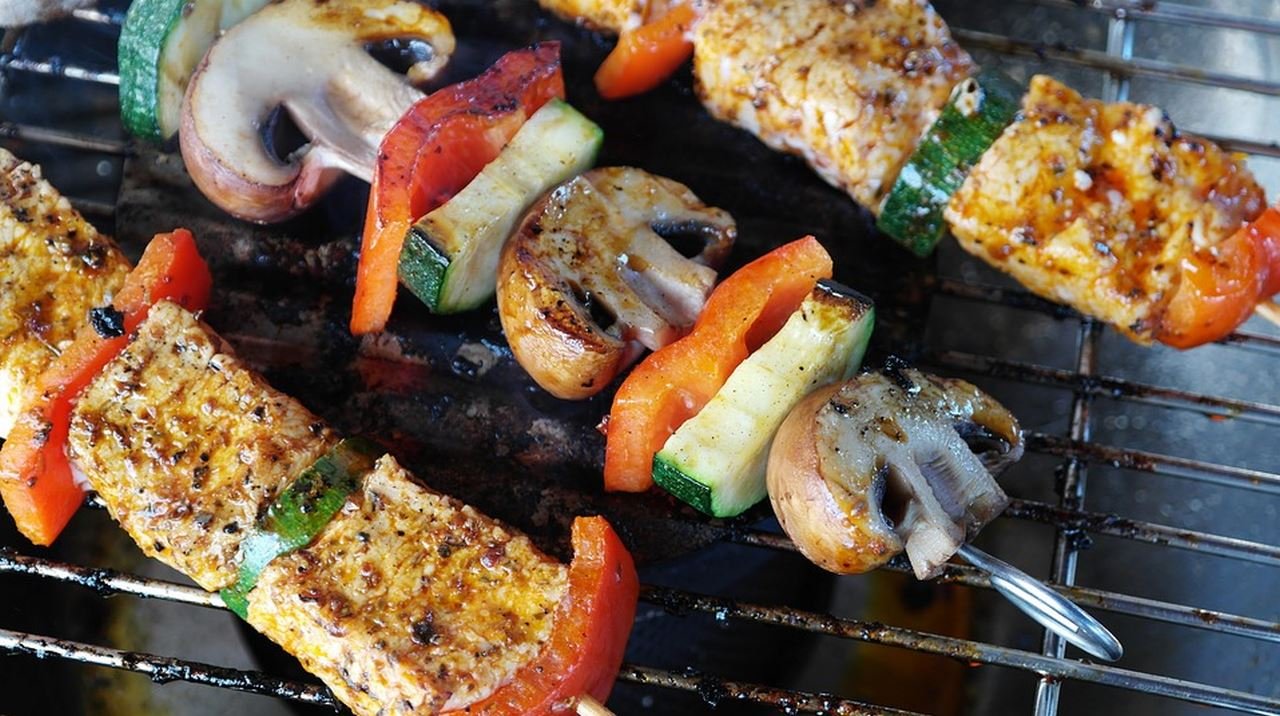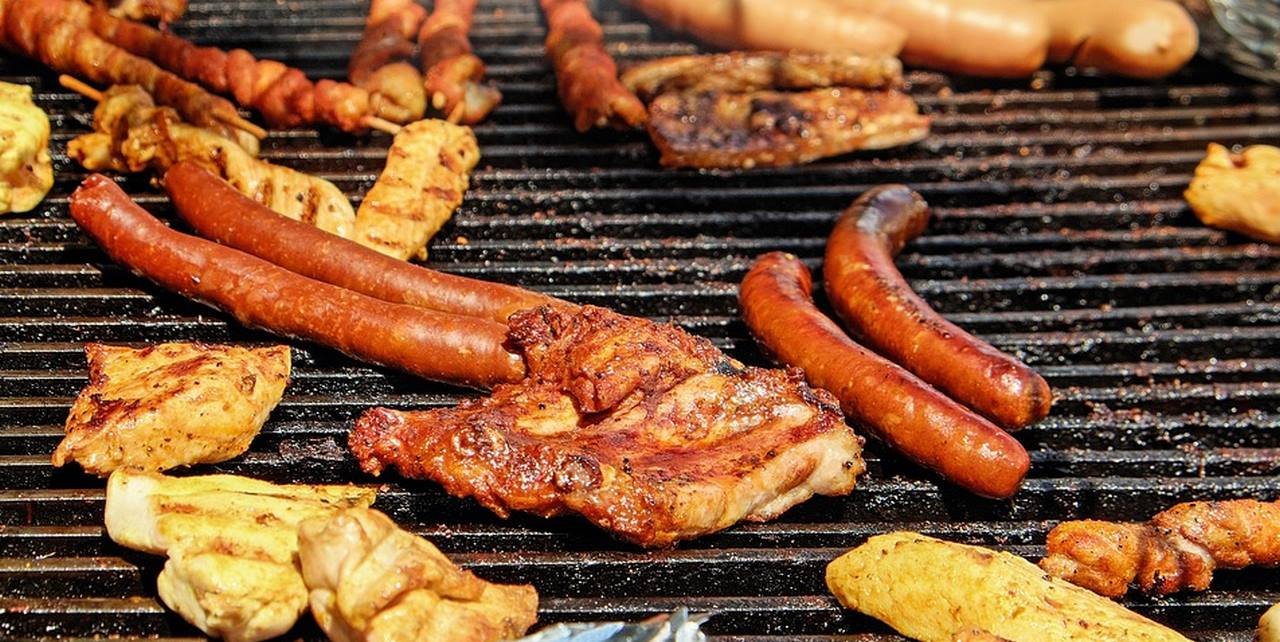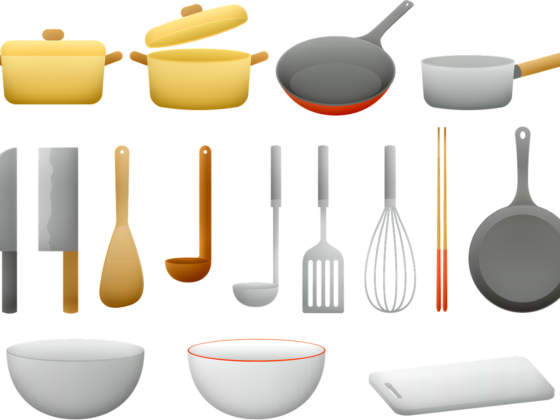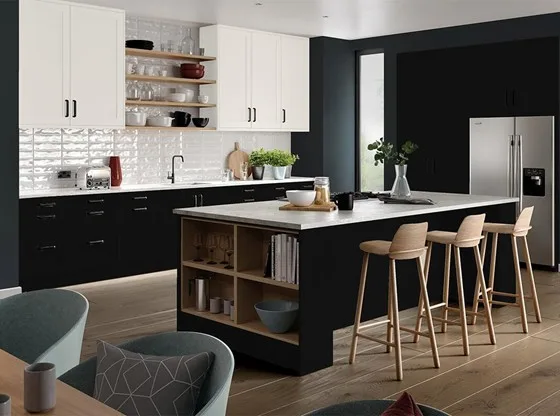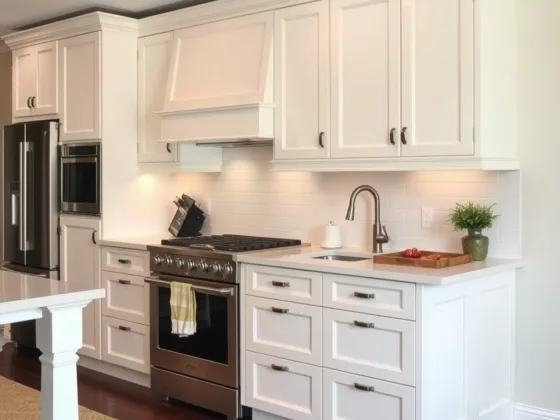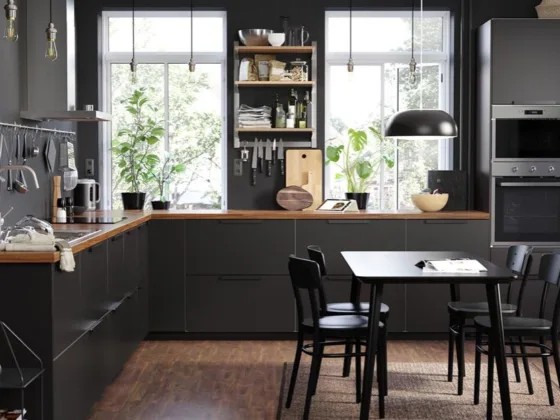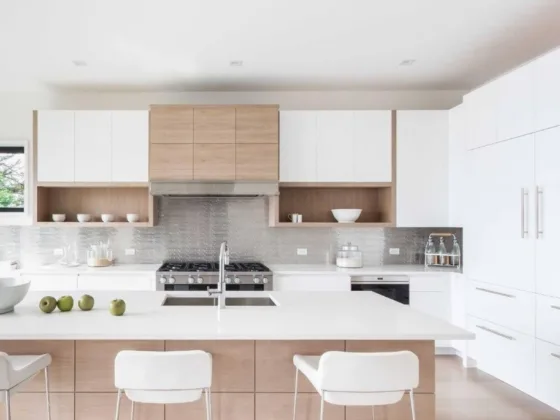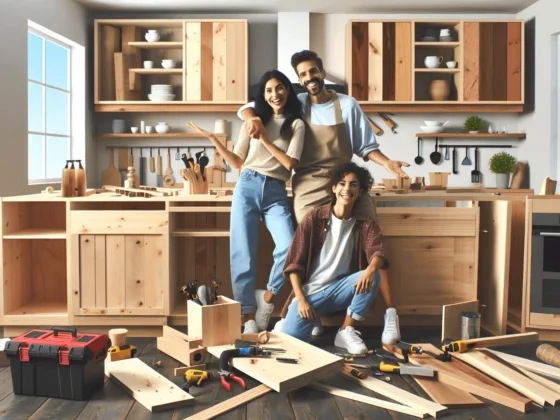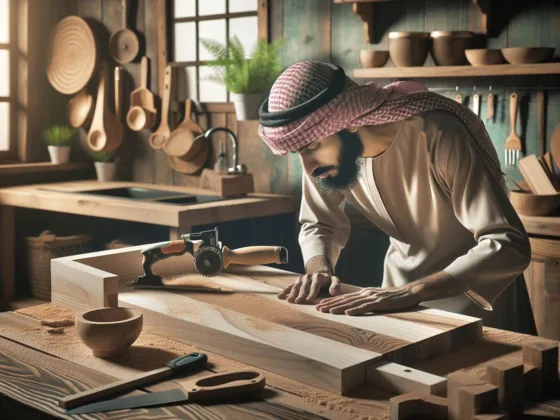I think many users and customers, who are only going to get a grill, ask this question. I’ve been asking it to myself lately as my Char-Broil grill has stopped lighting.
Even after a thorough check of all the usual suspects (from the igniter and burners to the hoses), I failed to figure out the reason.
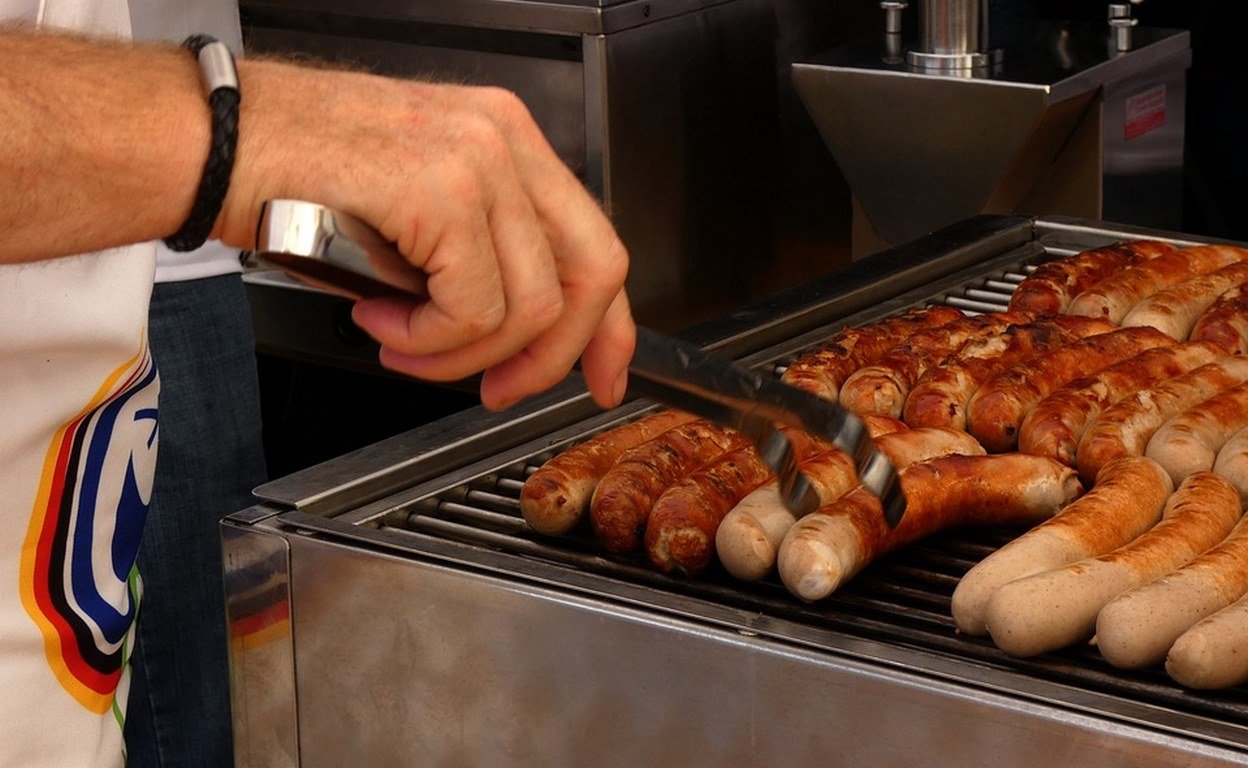
Thus, I came to a philosophical conclusion that any grill reaches its last legs with time. But can we predict how long our gas grill will last?
What influences the service life, and can we increase it? Let’s try to answer these questions together in this detailed review.
How to Set a Gas Grill Lifetime
Many say that service life depends on your storage conditions, maintenance, and so on and so forth. Besides, this characteristic varies depending on the brand and model you chose. This is a true yet quite vague explanation.
In fact, a warranty is the most reliable way of checking your LP or Natural Gas grill durability. This is the main indicator that states service life.
Manufacturers form a warranty on the basis of their researches. Each brand tests its products’ durability in various stress conditions.
You could also pay attention that gas grills usually have different warranties for various parts. Thus bowl and lid may be backed by a 5-year warranty, while grates and carts will have a shorter lifetime.
The reason for such difference is the intensity of use. Grill elements wear out unevenly. But all together, they form an approximate service life.
Another tip for determining a service life is looking at grill materials. Gas grills are quite expensive products, so they’re made of durable alloys.
But I’d still recommend you checking whether your unit is resistant to corrosion, water-proof. Also, look at the metal sheet thickness.
Thus, my experience shows that an average gas grill lasts for about 5-6 years. Char-Broil grills, one of which I owned, lasted for this very period.
As a rule, if you follow certain tips on prolonging service life and perform proper maintenance, your grill can last even more than is stated. I speak about two-three extra years of usage.
I don’t recommend investing in the repair of products you own for a longer time. Please don’t repeat my mistakes. My grill certainly needed new burners and a few other replacements.
I brought out a guy just to try to troubleshoot what was currently wrong and spent $100 right off the bat. Before we were done, I lost a few hundred bucks in attempts just to revive a grill, which finally lasted six more months and died completely.
I was too late to realize that repair money was enough to get a new grill.
Read Also:
How to Prolong Your Gas Grill’s Life
In fact, there are no special secrets on how to prolong the service life of gas grills. As they say, genial is simple.
- First of all, if you’d like your propane grill to serve you as long as possible, never neglect regular complex cleaning.
In this case, the product will retain its performance and power even when used on a daily basis.
Heat the closed device at a temperature of 300-350 degrees, then open the lid and leave for a few minutes. When the grates are cool, remove carbon deposits with a soft-bristled brush. Repeat the procedure after each cleaning cycle.
Also, pay special attention to flavorizer bars if you have some. Those gas grills that lack these elements need more thorough maintenance of burner tubes. Regular grease removal is also necessary.
- Always consult the manufacturer’s recommendations of maintenance. As a rule, brands prohibit the usage of too stiff brushes, toxic detergents, and everything that may destroy grill parts and covering.
That’s why experts recommend choosing detergents with a low acidity level for grill elements. Too severe solutions can damage parts.
Please do not use a dishwasher to wash removable parts of equipment. This will wear out the grates, burners, and plates much faster.
- As we mentioned above, if you have no flavorizer bars over the burners, try to purchase them separately. If your manufacturer doesn’t provide any, make them yourself.
But please be careful choosing materials, size and consider all brand’s recommendations in this regard. Though it has never been recommended to modify the original products’ construction, bars are a relatively safe and beneficial improvement.
They cover burner tubes and protect them from grease drops. If tube holes don’t get clogged, service is longer.
- If you couldn’t avoid clogging, try to use toothpicks to remove grease from the burner holes. I also cover them with foil during cleaning to prevent water from getting inside the tubes.
Mind that excessive moisture will also shorten the lifetime of your grill.
- Perform a regular check of main grill parts responsible for gas distribution, lighting, heating. When I say regular, I mean seasonal revision. The main points of your attention in gas grills should include:
- Burner tubes: The majority of grills stop working because of the poor gas distribution and lighting. If tubes stop working, your grill literally died. And the replacement is quite pricy believe me.
- Damage of covering: Grates and other elements that are responsible for non-sticking, even heating, etc., should be monitored very attentively.
- Cart: Do not overload a transport cart if you have some; otherwise, it will bend and break. While some models allow you to replace the cart with a new one, others come in a solid unit where you cannot remove the grill from the cart.
- Cover your cooking assistant with a special cover after each use. This will protect the device from premature wearing out, dust, dirt, and water inside the construction. Usually, manufacturers sell covers separately, and the price might bite. But you can make the grill case yourself.
Conclusion
As you see, gas grills are rather durable products compared with electric or cheap charcoal grills. The original characteristics of your grill play a leading role in determining its service life. But it’s up to you to shorten it or prolong it.
The duration and quality of the gas grill operation depend directly on the maintenance of the equipment. Remember this, and you will be able to pamper yourself with delicious and aromatic dishes cooked on the fire for years.

